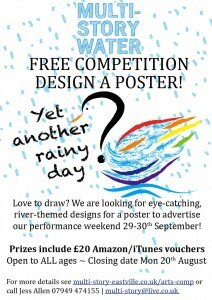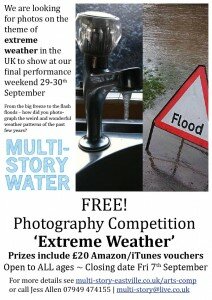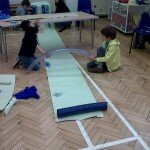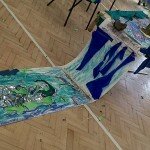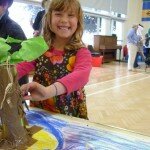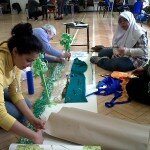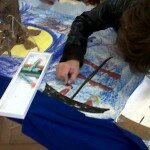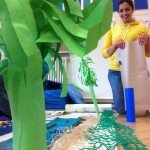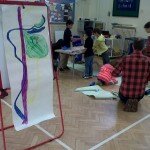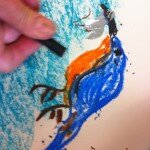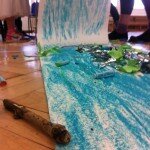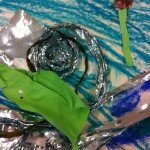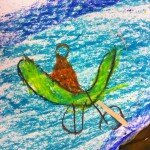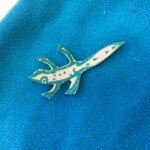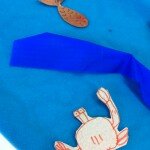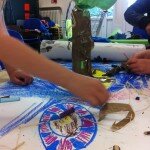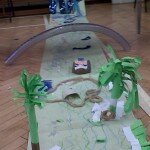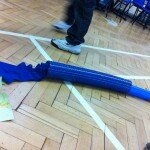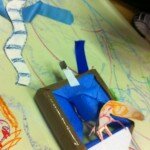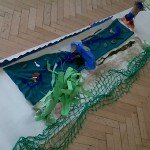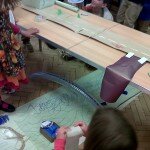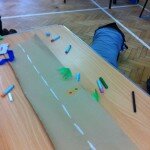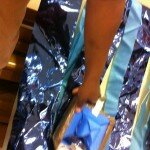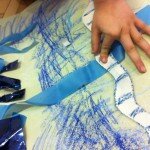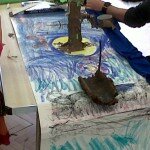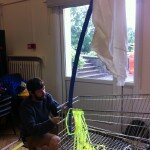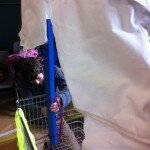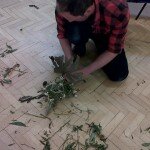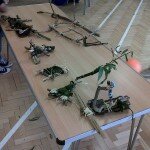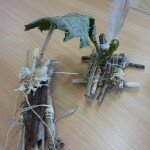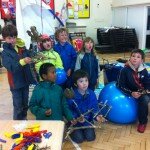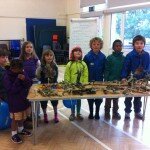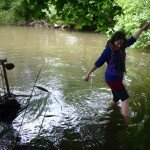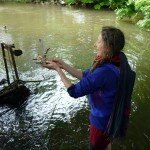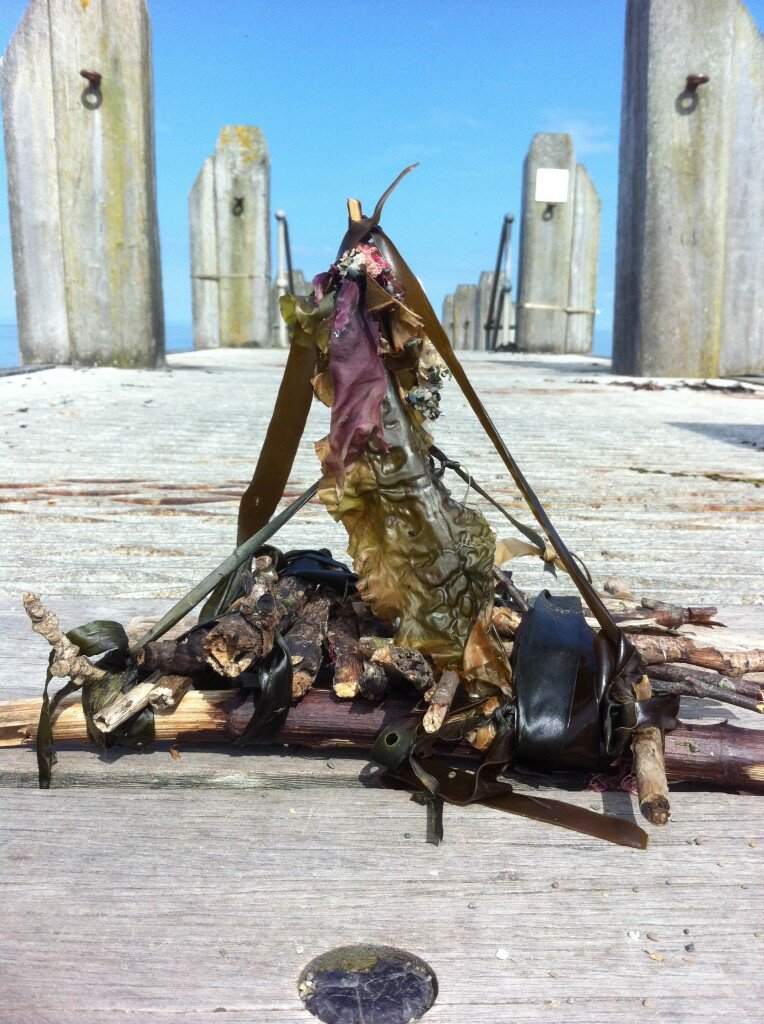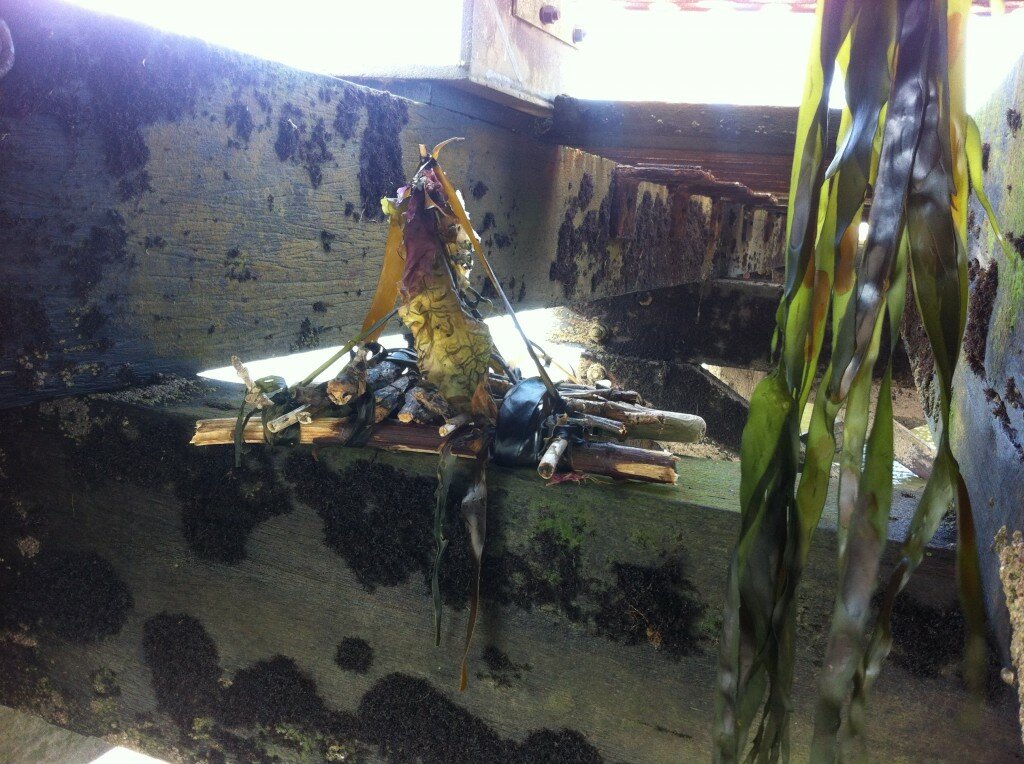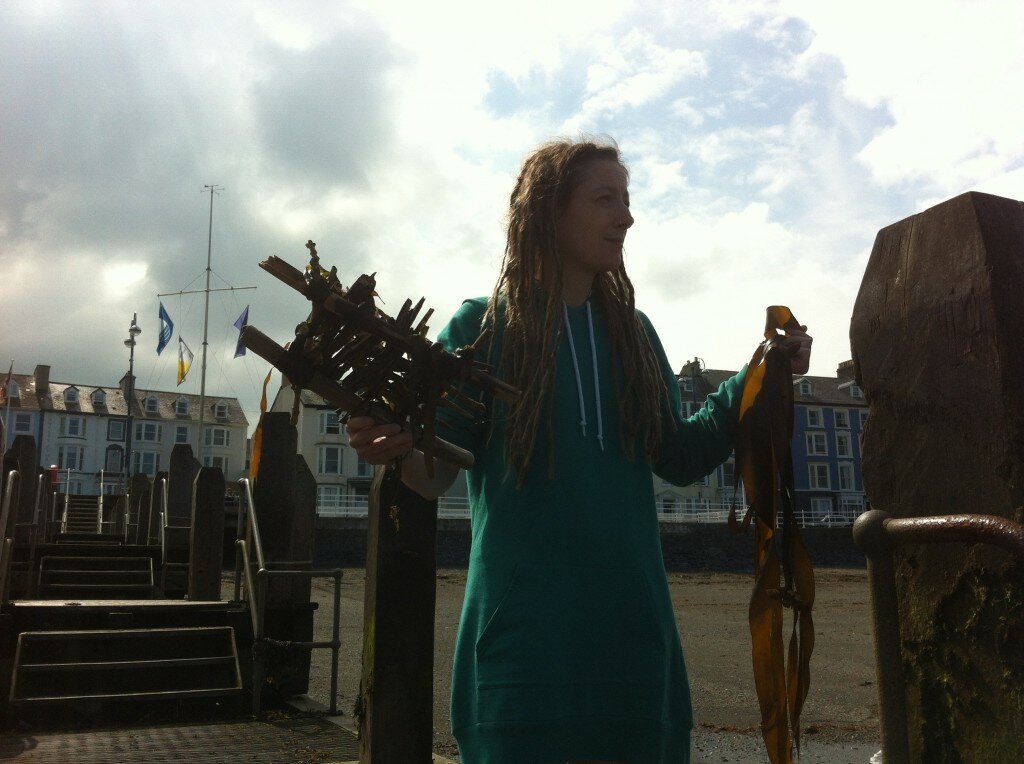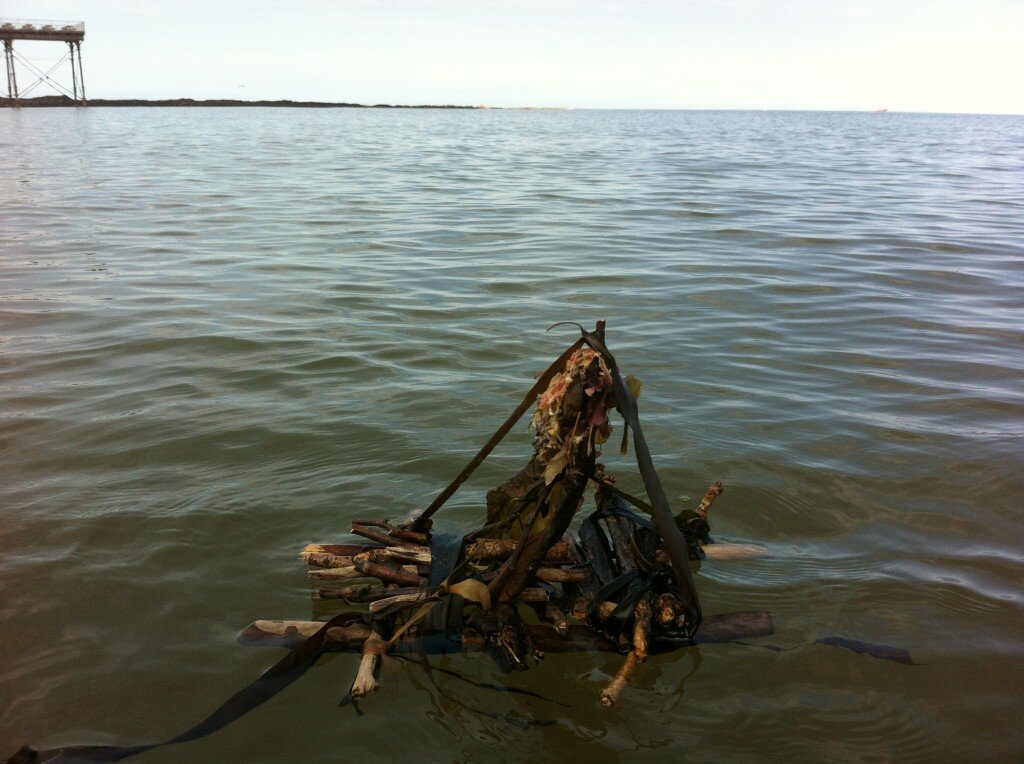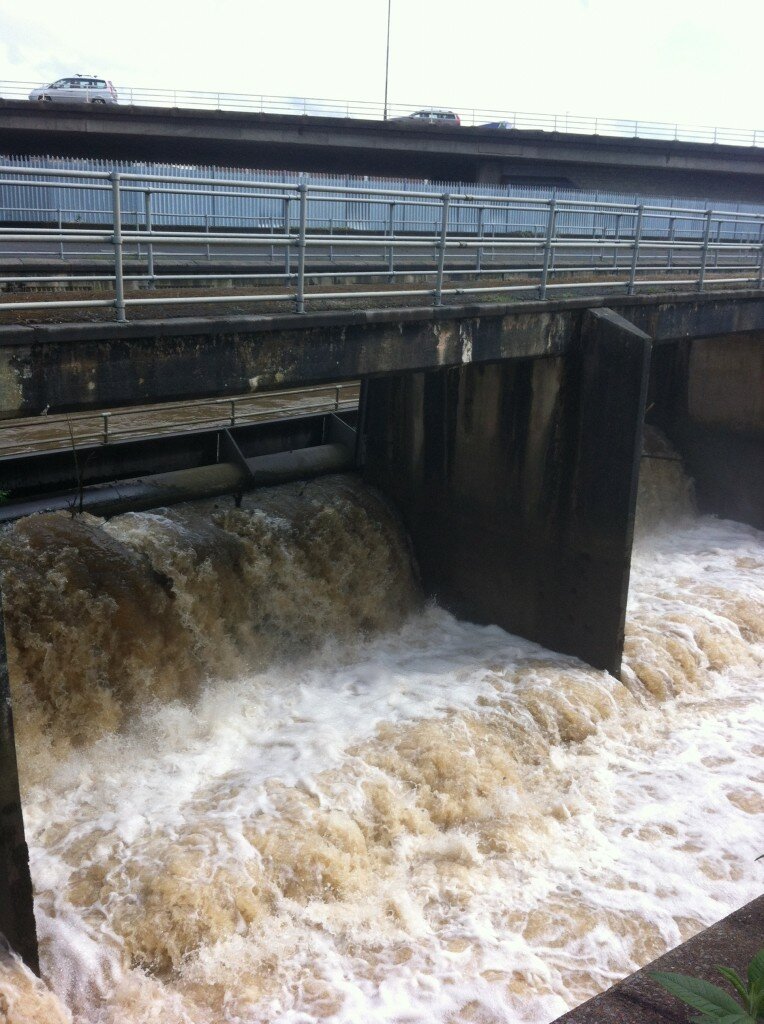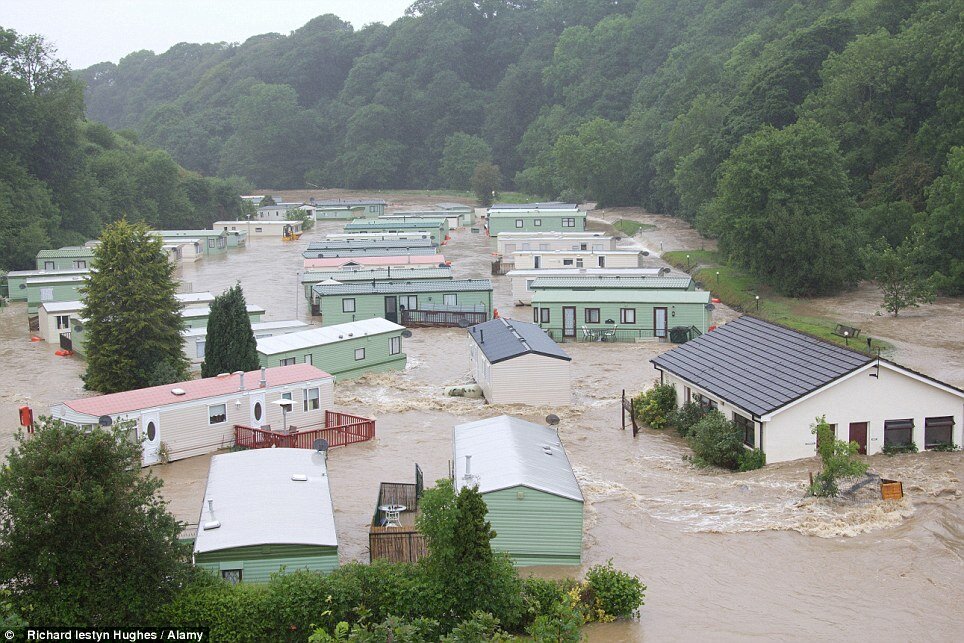Just when you were running out of things to do on rainy days this summer, Multi-Story Water has paddled to the rescue with TWO, FREE arts competitions for ALL ages, with a chance to win £20 of iTunes/Amazon vouchers in each one. Interested? Read on…
1. DESIGN A POSTER!
Do you like to draw and design? Are you passionate about celebrating the River Frome? Do you want to see your art work shown around Eastville this September?
If so, then we need you to design an eye-catching, river-themed poster for the Multi-Story Water Weekend 29th-30th September! The winning design will be used to promote this celebratory weekend of events including: dance and circus performances around the river and under the M32, storytelling, science and wildlife river walks, community film and photography exhibition, street art, face-painting and more!
Your design should be A4 portrait size and you should remember to include:
- title of the weekend – Multi-Story Water Weekend!
- dates – Saturday & Sunday, 29th-30th September
- and please leave some space for us to add our logo, web address and final details about the events and locations…
The winning designs will be used to produce the official event posters, but we will share all entries on the website and also endeavour to display them during the final weekend.
(If you’d like some help with layout ideas for your poster, you can see an example of one of our earlier posters here)
2. PHOTOGRAPHY COMPETITION – EXTREME WEATHER
Calling ALL photographers of Eastville, whether you use a disposable camera, phone or SLR! The Multi-Story Water Project invites you to submit your photographs on the theme of Extreme Weather in the UK. From last winter’s big freeze to this summer’s flash floods – how did you record or experience the weird and wonderful weather patterns that have frustrated, flummoxed and fascinated us over the past few years? Or, thinking completely outside the box, what else does ‘extreme weather’ mean to you?
Your entries will be used to accompany live performance and/or to produce a slideshow that will be projected outdoors at the celebratory Multi-Story Water Weekend, 29-30th September.
You can submit up to 3 photos per person. Please state when and where taken, plus a sentence or two about what inspired you to take it/them. (The Guardian In Pictures weekly competition is full of great examples of creative photographic responses to a theme)
PRIZES will be awarded to a winner and a runner-up in each competition, and include £20 Amazon/iTunes vouchers.
CLOSING DATES
POSTER Monday 20th August
PHOTOS Friday 7th September
(Please note earlier date for poster to allow us to get it produced in time to promote the September event!)
SUBMISSION Entries to either competition should be submitted by post OR email with name and contact details to:
Multi-Story Water Project
c/o Nancy Campbell
Faculty of Environment & Technology (FET)
UWE Bristol
Frenchay Campus
Coldharbour Lane
Bristol
BS16 1QY
Please label your envelope/email ‘POSTER’ or ‘PHOTO’ (or both if you are entering together!)
Remember, the competitions are open to all ages. Winning designs and photos will be selected by a judging panel that will include representatives from the local community, the Environment Agency, UWE and Bristol City Council.

